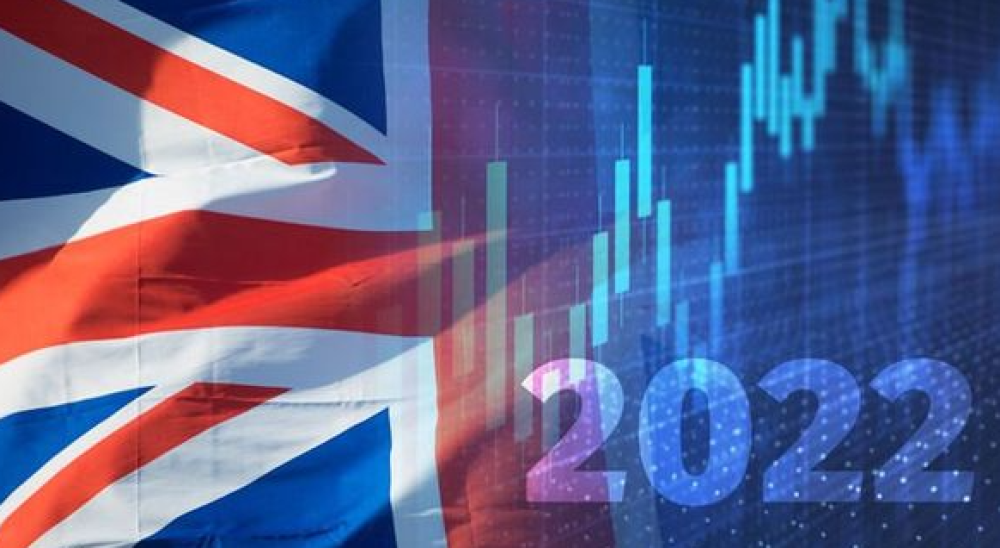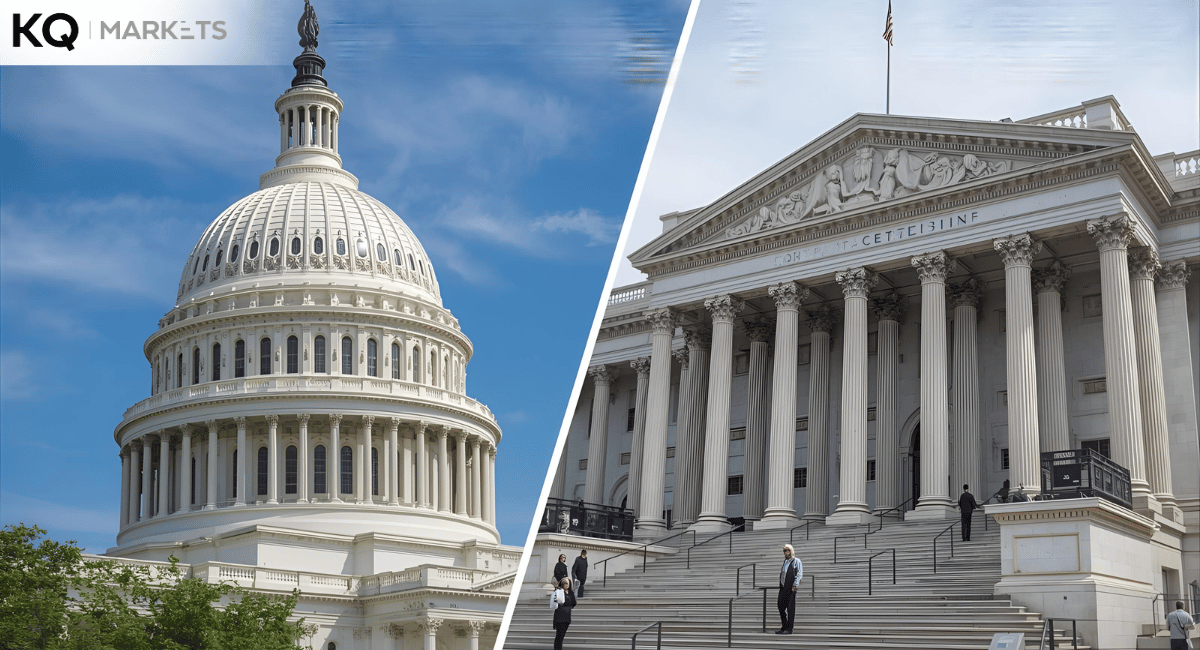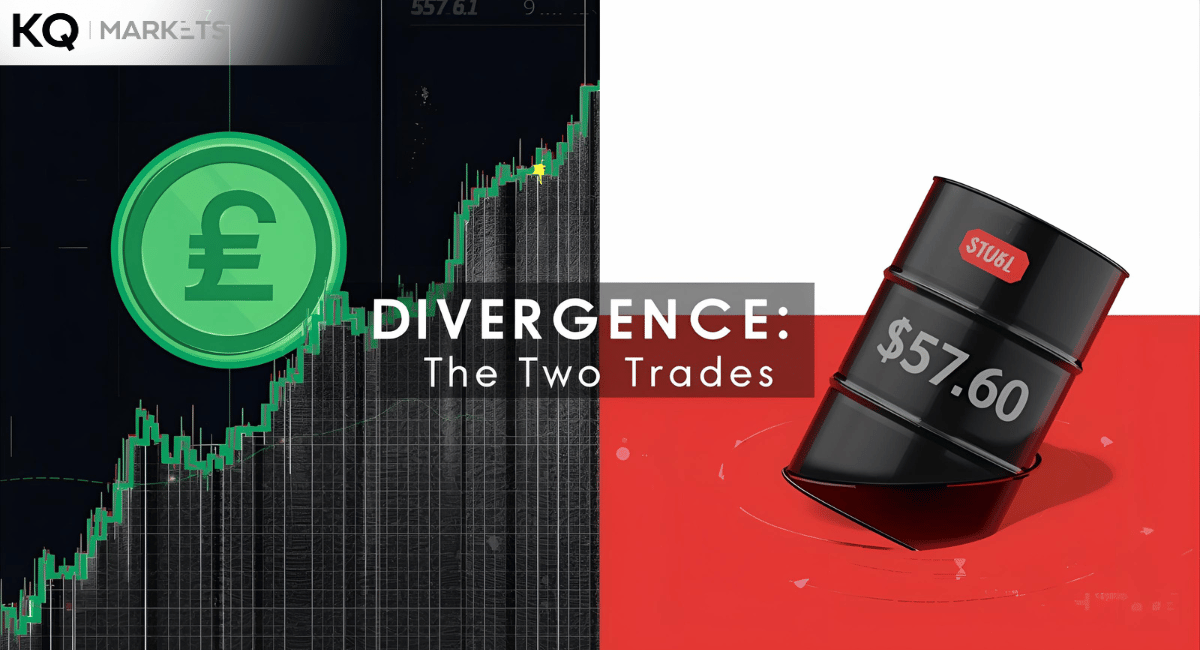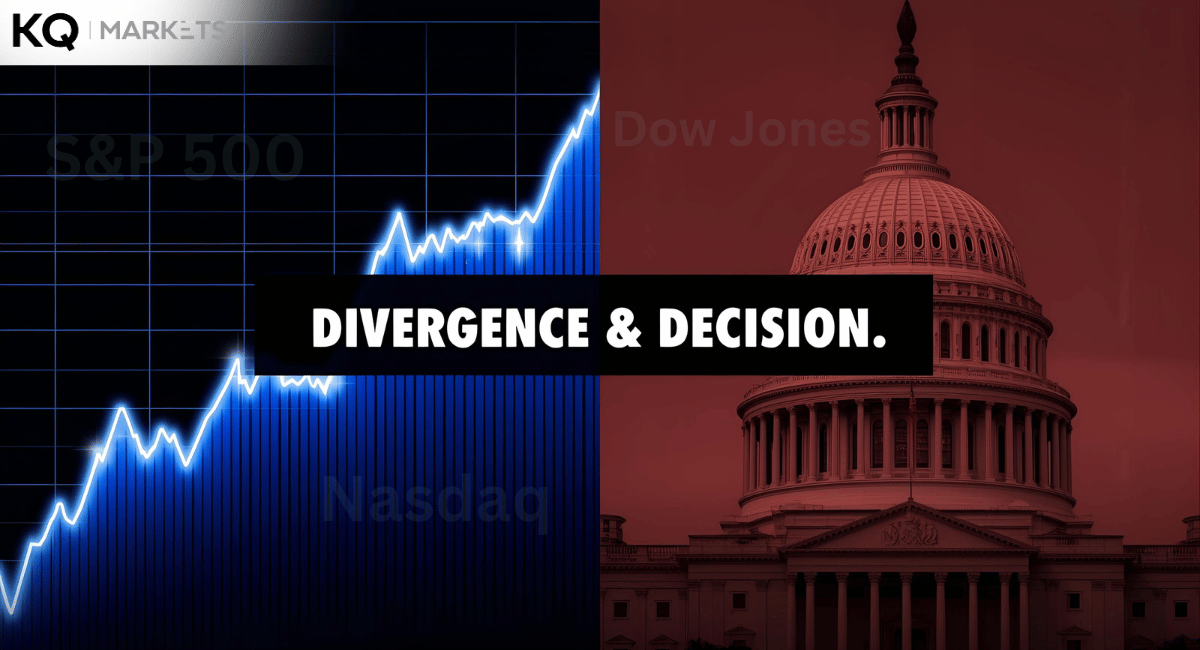The UK economy increased by 0.8 percent in the 2022 first quarter. The ONS (Office for National Statistics) published its final revision to confirm the 0.8 percent growth forecast expansion it announced in the first readout. Its annual figures indicated that the British GDP increased by 8.7 percent in the first quarter.
Generally, this percent is pretty much what analysts expected and equals the previous GDP. The current account data for the UK economy in the 2022 first quarter was at GBP-51.7B vs. GBP-7.3B previous and GBP-39.8B prediction. In any case, the Britain economy contracted by 0.1 percent in March.
Thus, the 0.8 percent increase in the 2022 first quarter marks one of the high points in its 2022 trend since the living cost crisis is worsening. The GBP per USD rate is now at a higher figure of about 1.2150, 0.18%. Yet, economists expected the Gross Domestic Product value to remain flat throughout March and grow by 1.0 percent over the 2022 first three months based on the 2021 final quarter.
The contracted output in the dominant UK services sector by about 0.2 percent led to this GDP fall. In 2020 the UK economy contracted by a historic 9.3 percent and grew by 7.4 percent in 2021. In general, the 2020 fall marks the sharpest swing in any G7 economy output during the coronavirus pandemic.
The overall UK GDP is now 1.2 percent monthly above the pre-corona pandemic level in Feb 2020. Experts are concerned that the UK is at a higher risk of slipping into recession since the Russia & Ukraine war is a tougher threat with the existing post-pandemic pressures.
Also, the Bank of England predicts that the war might push inflation to more than 10 percent before the end of 2022. The UK government is now under constant pressure to issue additional support to households for tackling the soaring energy bills. Other essential products have caused a near-record drop in consumer sentiment.
The NIESR (National Institute of Economic & Social Research) predicts that the UK GDP might fall in the fourth and third quarters of 2022. If the economy falls during these periods, it would meet the recession’s technical definition. The International Monetary Fund also forecasts the UK might face the highest inflation and weakest growth of any advanced economy in 2022.
Conclusion
These two major economic risks in the form of a possible recession and double-digit inflation leave the Bank of England in a major dilemma on how to further raise the interest rates. The next rate announcement will be on the 4th of August, but the Bank of England has already raised the interest rates five times since December 2021.
Nonetheless, the central bank still intends to increase interest rates steeply should the inflation rate remain persistent. Above all, economists predict no overall economic growth in the UK over the next three years. Therefore, it will take a strategic approach and intense measures to help rescue the economy from recession.





